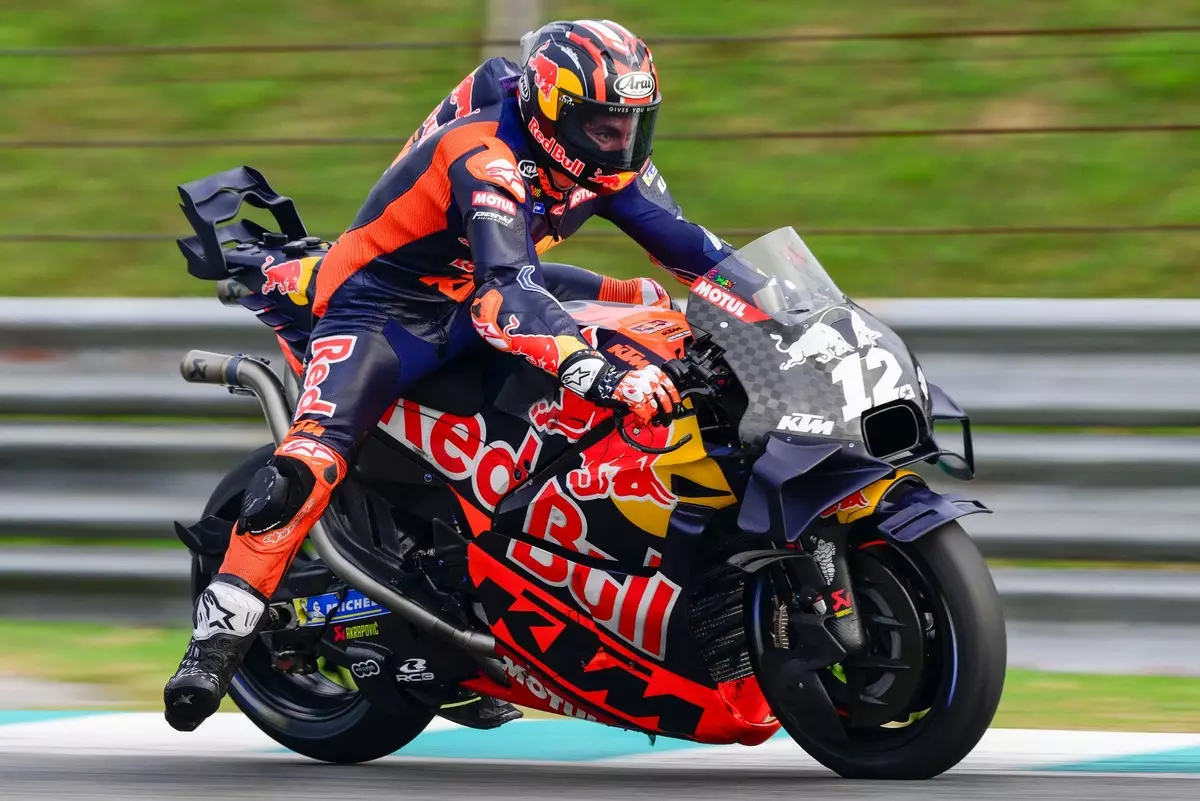KTM, a renowned motorcycle manufacturer based in Austria, has recently undergone a significant restructuring process aimed at alleviating its financial burdens. The company found itself in a precarious position, burdened by debts amounting to 2.25 billion euros. This financial predicament prompted a court hearing in Ried im Innkreis, Upper Austria, where stakeholders gathered to discuss the future of the company. The outcome of this meeting was pivotal, as creditors ultimately approved a restructuring plan that allows the company some breathing room amidst its financial turmoil.
The restructuring plan approved by creditors includes a proposed cash settlement of 30% on the total recognized debt, which translates to about 600 million euros. This amount is expected to be wired by the end of May. Such a cash infusion is vital for KTM, which has been struggling to maintain production levels and ensure workforce stability. Alongside the cash quota, the company will also need to secure an additional 150 million euros to gradually bolster production at its primary manufacturing facility in Mattighofen starting in mid-March. With approximately 2,000 employees relying on the company’s operations, these financial maneuvers are essential for sustaining employment levels in the coming months.
The court meeting attracted considerable attention, with around 100 individuals present to witness the proceedings unfold. The high stakes involved were reflected in the lengthy discussions, as there were a whopping 3,847 claims filed by various creditors. KTM’s CEO, Gottfried Neumeister, and co-CEO Stefan Pierer stood at the forefront of the negotiations, ensuring that the company’s vision was articulated clearly to stakeholders.
Despite the approval of the restructuring plan, the road ahead remains fraught with challenges. A significant hurdle was the demand from approximately 180 banks owed a cumulative debt of 1.3 billion euros. These banks had previously advocated for a higher cash quota, raising the question of whether the plan would receive the necessary backing. The uncertainty surrounding this aspect made the approval by creditors all the more critical, as it serves as a vote of confidence in the company’s management strategy and its potential for recovery.
Moreover, the unfolding situation emphasized the need for transparency and trust among investors and stakeholders. The restructuring plan hinges on KTM’s ability to meet its financial commitments, including a deposit of around 750 million euros by the end of May. This figure includes the cash quota and the funds necessary to support ongoing production costs—a cornerstone of the company’s recovery strategy.
A vital aspect of KTM’s turnaround strategy is the additional funding required to stabilize its finances. Reports indicate a need for around 800 million euros to not only fulfill the cash quota but also to support ongoing production efforts. The involvement of Citigroup Global Markets Europe AG in structuring this investment underscores the company’s commitment to creating a transparent and efficient financing process.
There have been indications that Bajaj Auto, which holds a 49.9% stake in KTM, has already stepped in to provide financial assistance, loaning 50 million euros to aid the company during this transitional phase. This infusion of capital, coupled with the anticipated cash settlements from creditors, is expected to lay the foundation for a more robust operational framework in the near future.
The journey ahead for KTM is undoubtedly complex, with numerous financial obligations to fulfill and the delicate balance of stakeholder interests to navigate. However, the approval of the restructuring plan marks a significant step forward for the company, suggesting a renewed optimism among its leaders and employees. With determined efforts to enhance production capabilities and ensure financial stability, KTM aims to emerge from this challenging chapter stronger than before. As the motorcycle industry continues to evolve, the ability of KTM to adapt and thrive will be put to the test in the coming years, making this pivotal moment just the beginning of a new era for the iconic brand.


Leave a Reply